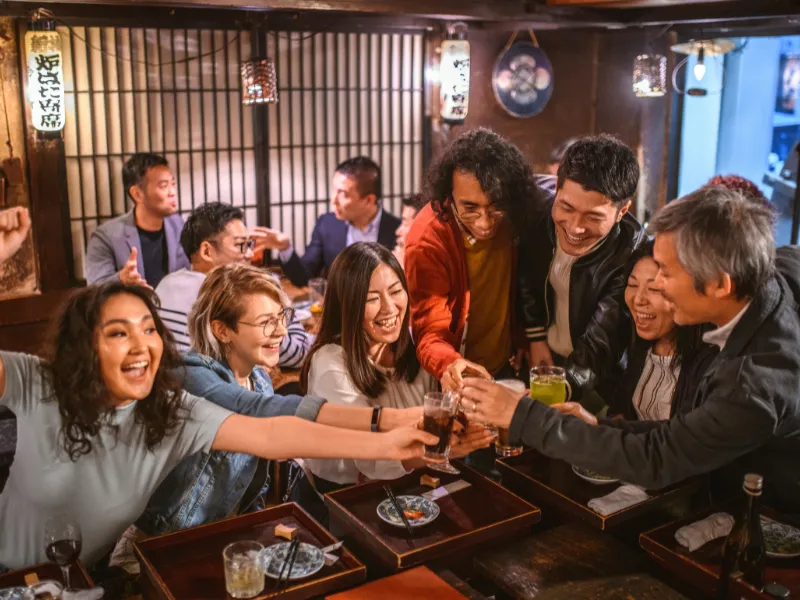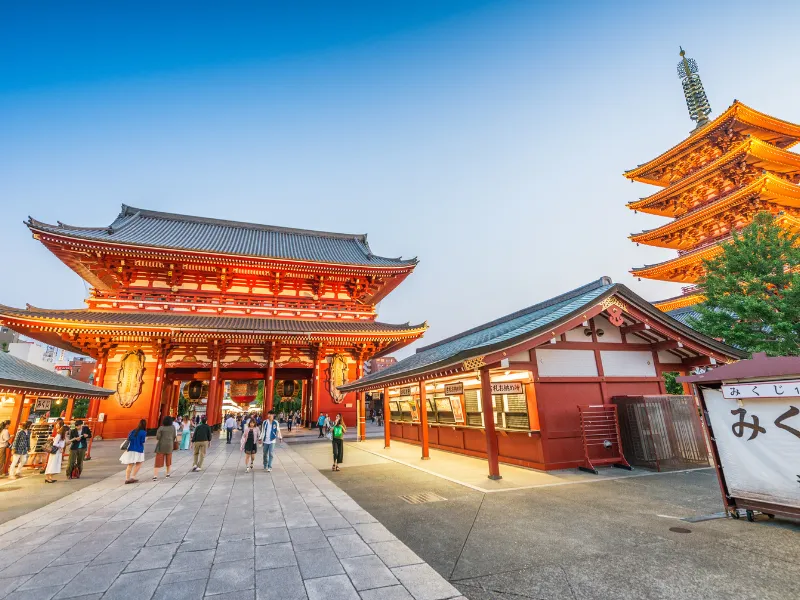Ekiben Japan – How to Enjoy

Ekiben in Japan Overview
Ekiben refers to the boxed meals sold at train stations and onboard trains throughout the country.
These meals are designed to showcase local flavors, ingredients, and presentation styles, turning them into edible souvenirs.
For visitors, ekiben offer a way to experience Japan’s culinary diversity while traveling by rail.
What Makes Ekiben Unique
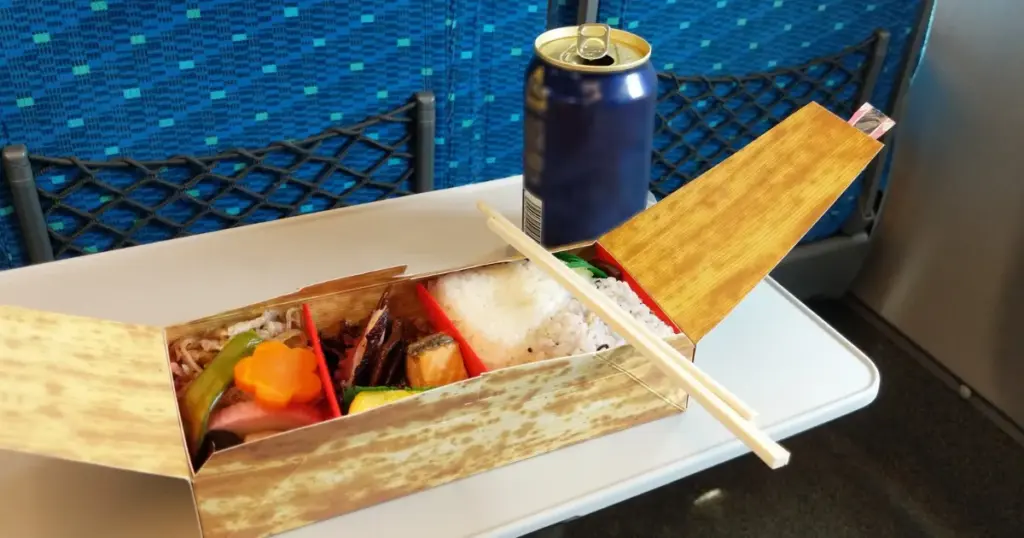
The uniqueness of ekiben comes from their close ties to local regions.
Each box highlights farming, fishing, or cooking traditions, such as rice from Niigata paddies or seafood from Hokkaido’s coasts.
The packaging itself also tells a story, from bamboo-wrapped trout sushi in Toyama to the clay pots used for Gunma’s Toge no Kamameshi.
Eating one is both a meal and a cultural encounter deeply connected to place.
The Role of Ekiben in Train Travel
For many Japanese travelers, long-distance train journeys are incomplete without ekiben.
Choosing a box before boarding has become part of the ritual of rail travel.
Eating while watching landscapes roll past adds another dimension to the trip.

Please Check out What We Offer 😃
Prices From $120!!
How to Buy Ekiben and What to Expect

Understanding how to buy ekiben helps visitors make the most of their journey.
Not all stations offer the same selection, and availability changes with time and season.
Knowing what to expect reduces stress and enhances enjoyment.
Where to Buy Ekiben
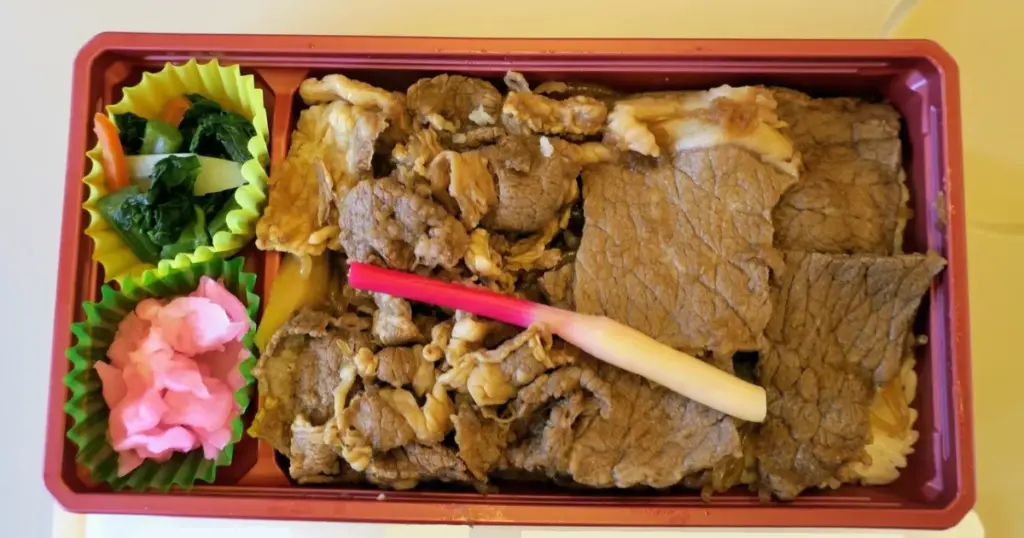
Finding where to buy ekiben is an important part of planning your journey.
Larger stations usually have many choices, while smaller ones may only feature a single specialty.
Onboard sales, once common, are now declining, making it wiser to purchase before departure.
- Major stations
Hubs like Tokyo or Osaka offer specialty shops such as Ekibenya Matsuri, where dozens of varieties are displayed together. - Regional stations
Smaller stops often feature just one or two signature bentos, highlighting local pride and ingredients. - Onboard trolleys
These services are decreasing, so it is recommended to buy your ekiben in advance at the station rather than relying on the train.
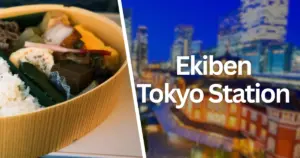
Prices, Packaging, and Dietary Options
Prices and styles of ekiben vary by ingredients and region.
Some boxes are simple and affordable, while others are elaborate and collectible.
Standard ekiben usually cost between ¥800 and ¥1,500.
Premium versions with wagyu beef or seafood can exceed ¥2,500.
At major stations, vegetarian or vegan options are increasing, with allergen labels common, though halal choices remain limited.
 ONO
ONOThere are so many different ekiben at Tokyo Station that it’s hard to choose 😇
Tips for Buying Ekiben
First-time buyers sometimes face disappointment when they arrive too late or choose without guidance.
A few simple strategies can prevent these issues.
With preparation, you can secure the ekiben you want.
- Buy early in the day, since popular boxes often sell out by noon
- Leave time to explore station shops before boarding
- Learn simple Japanese food terms to confirm ingredients if you have restrictions
Ekiben Regional Varieties
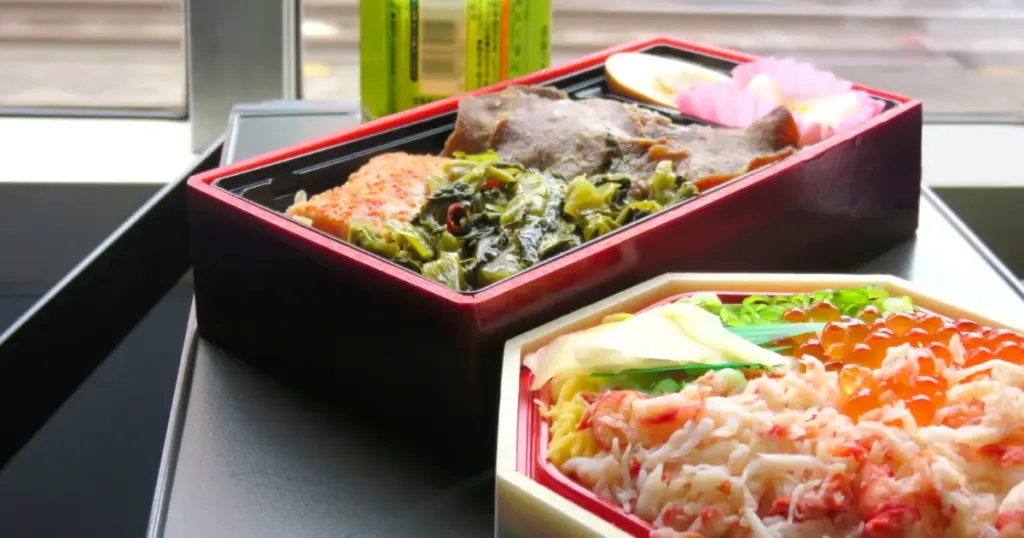
One of the joys of traveling in Japan is tasting the regional specialties through ekiben.
Each area highlights its own traditions and ingredients.
Limited edition versions add further excitement, offering rare experiences tied to season or event.
Regional Specialties Across Japan
Certain ekiben have gained national fame for embodying their region’s flavors.
Trying them allows travelers to sample regional cooking without needing to visit a restaurant.
These bentos are considered must-tries by many Japanese.
Hokkaido offers seafood-packed bentos filled with salmon, crab, or sea urchin, reflecting the bounty of northern waters.
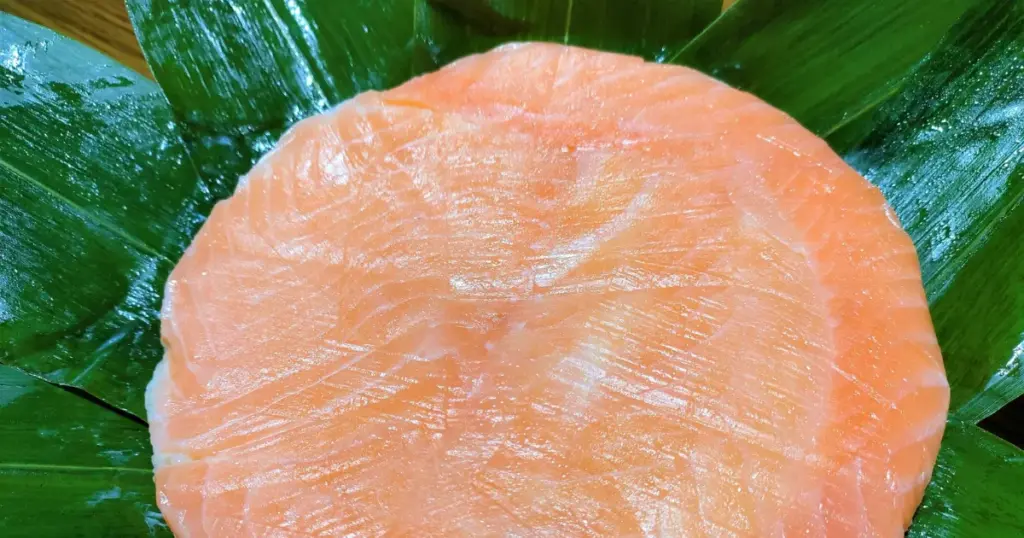
Toyama’s Masu-zushi presents pressed trout sushi wrapped in bamboo leaves, a traditional preservation method.
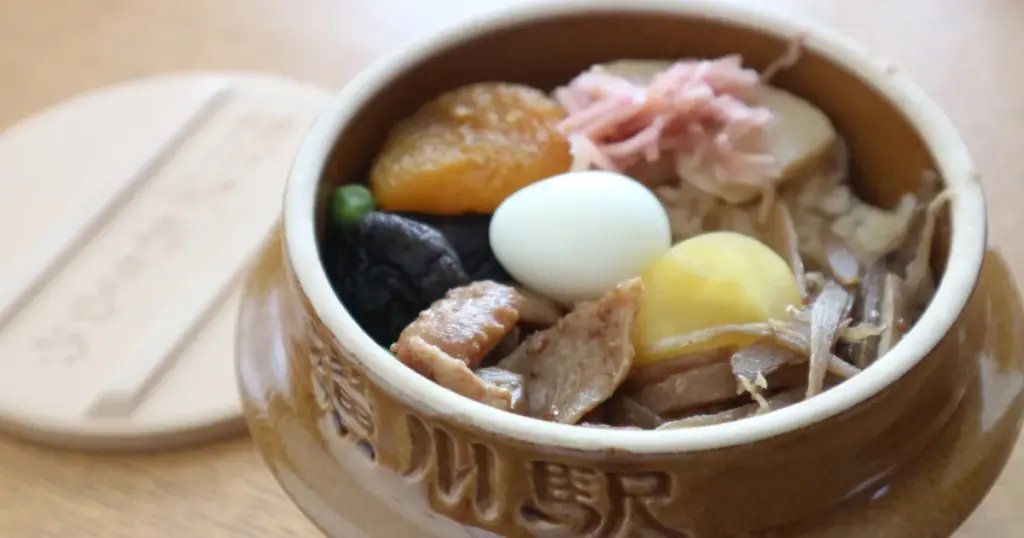
Gunma’s Toge no Kamameshi, served in a ceramic pot, remains one of the most iconic ekiben in the country.
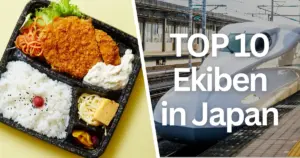
Seasonal and Limited-Edition Ekiben
Seasonal ekiben are designed to reflect the rhythms of Japanese life.
They often include harvest ingredients or decorations tied to events.
Collectors and food enthusiasts plan their travels to coincide with these special releases.
Ekiben Cultural Significance and Travel Experience
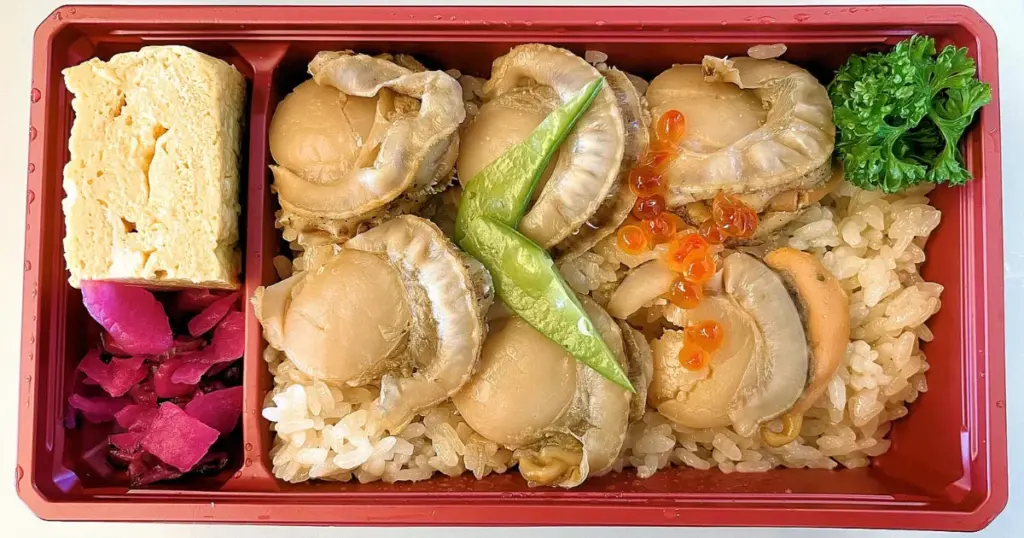
Beyond nutrition, ekiben represent culture, artistry, and memory.
They embody local pride and often serve as souvenirs, with containers such as ceramic pots or wooden boxes kept by travelers.
Department stores in Tokyo and Osaka even host annual ekiben fairs, showcasing rare and regional varieties.
For visitors, enjoying an ekiben combines taste, scenery, and tradition into one immersive travel experience.
FAQ About Ekiben in Japan
- Are ekiben only sold at big stations?
-
Not exclusively. While large hubs carry dozens of varieties, smaller stations usually feature just one or two, often representing the pride of the local area.
- How much does an average ekiben cost?
-
Most cost between ¥800 and ¥1,500. Premium versions with luxury ingredients like wagyu beef or fresh crab may cost over ¥2,500.
- Can vegetarians or halal travelers find ekiben?
-
Vegetarian options are increasingly common at major stations, with clear labeling. Halal bentos remain rare, so travelers should check carefully before purchase.
- Do ekiben sell out quickly?
-
Yes. Limited edition or seasonal boxes often disappear before noon, so buying early is recommended.
- Are there famous ekiben I should try at least once?
-
Yes. Examples include Hokkaido seafood bentos, Toyama’s Masu-zushi, and Gunma’s Toge no Kamameshi. Each has become a symbol of its region.
Final Thoughts on Ekiben Japan
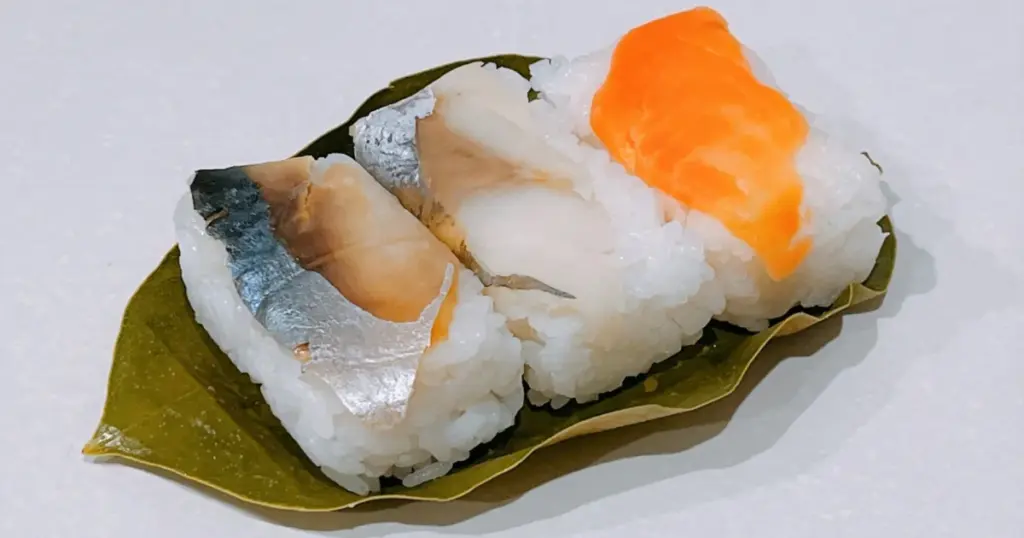
Ekiben are more than train station meals. They are an integral part of the Japanese travel experience.
They connect food, place, and memory in ways few cuisines do.
For visitors, they provide both nourishment and cultural insight during a journey.

